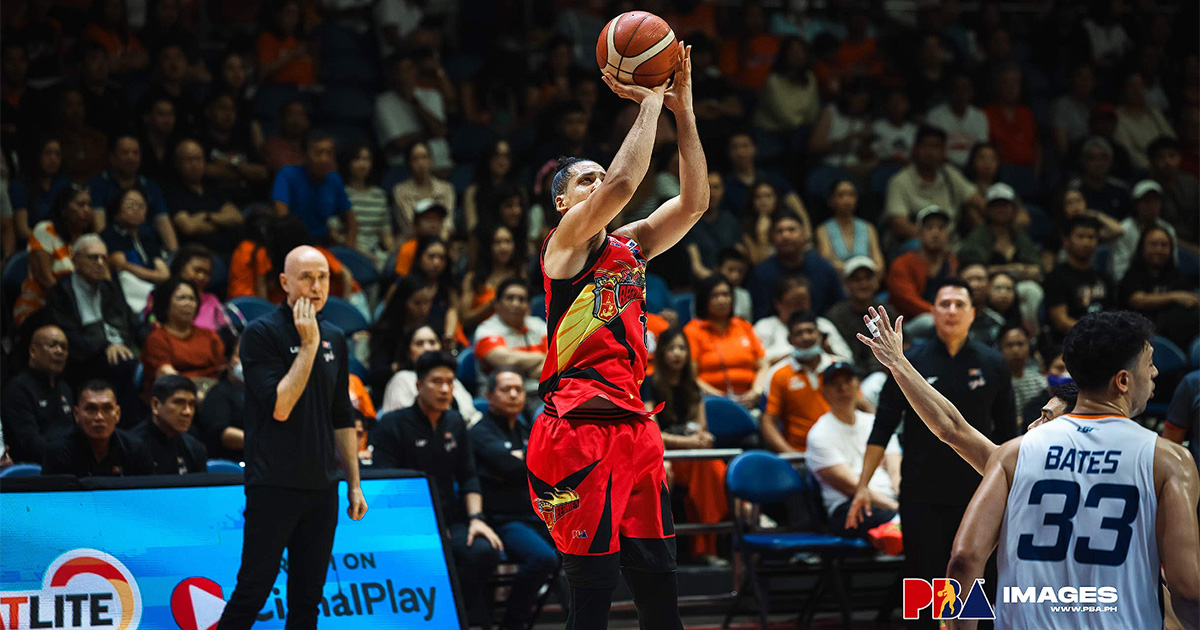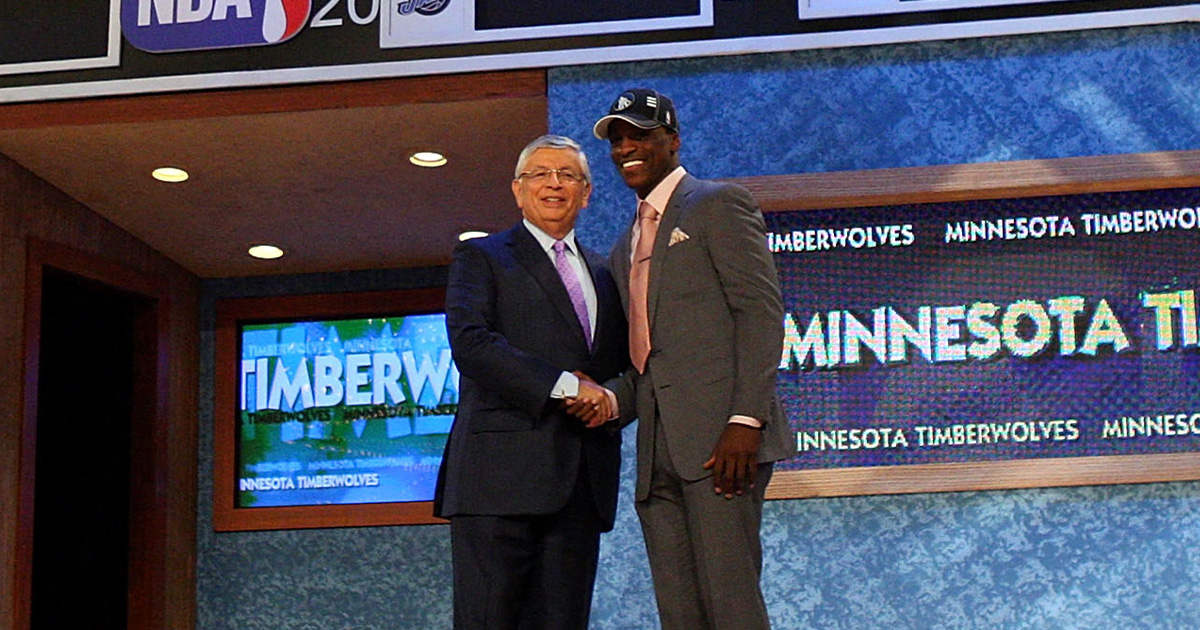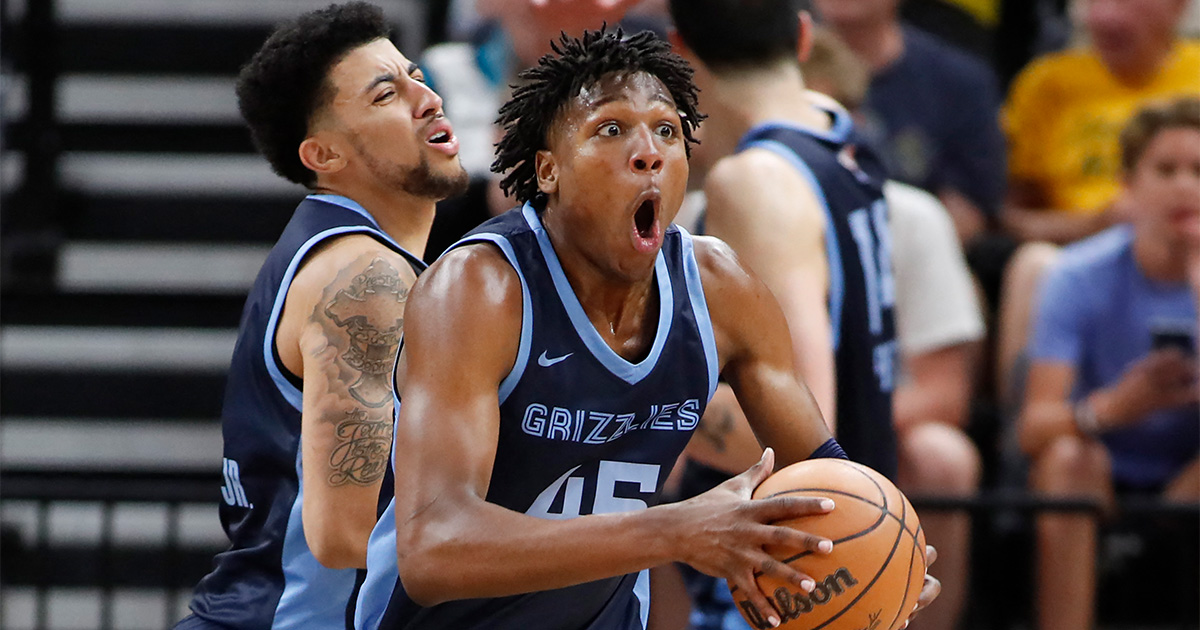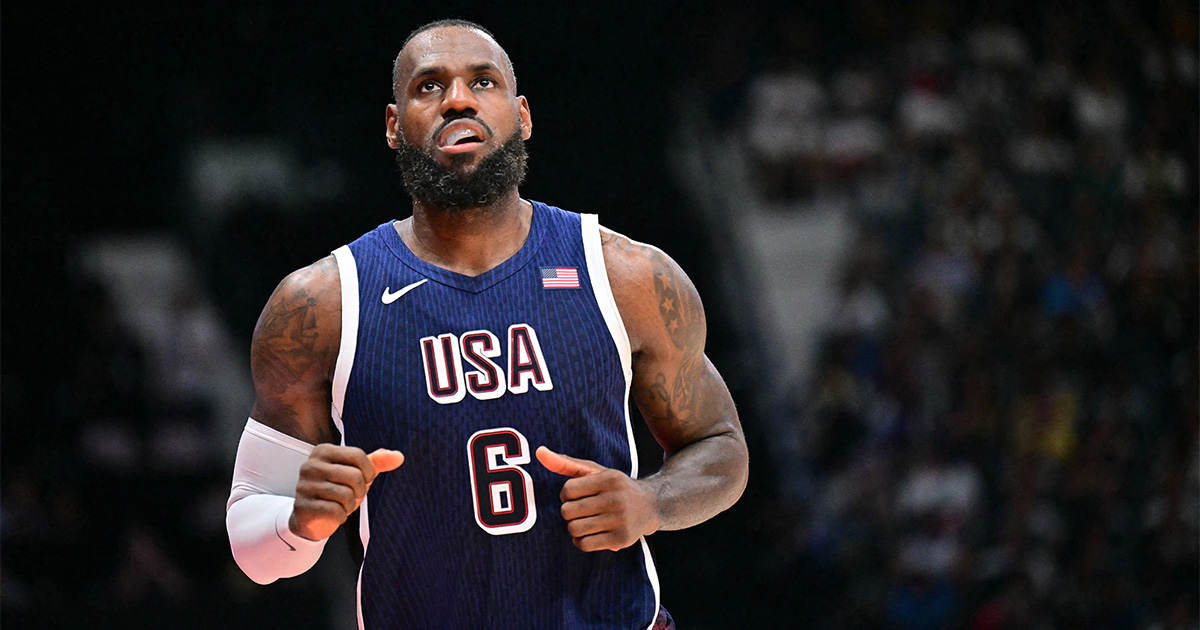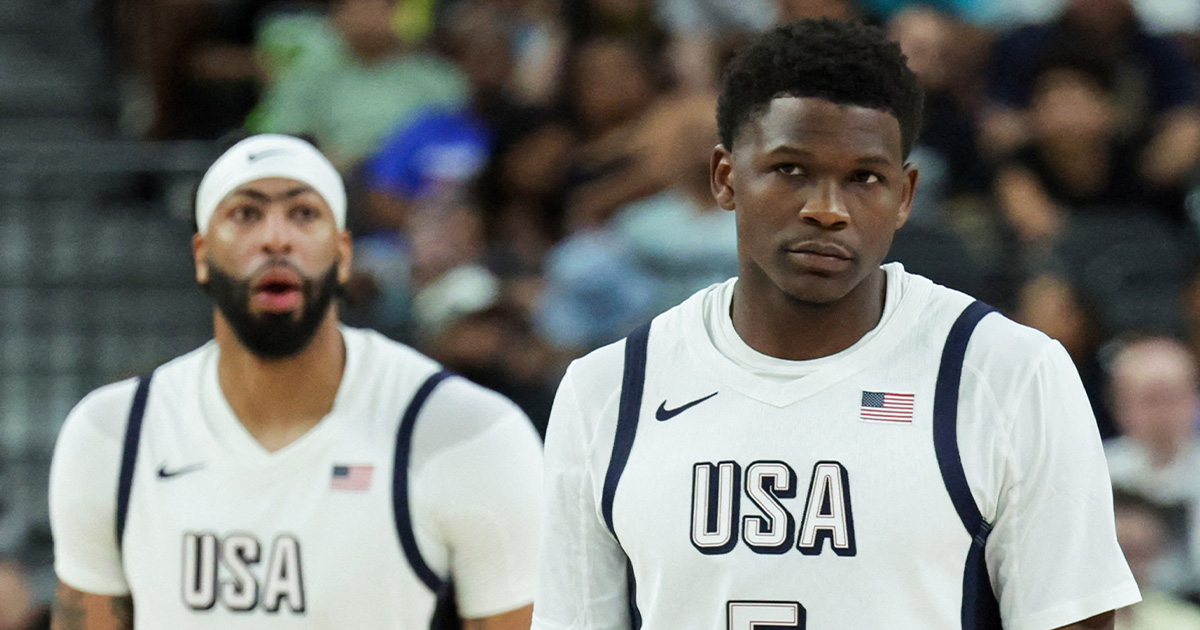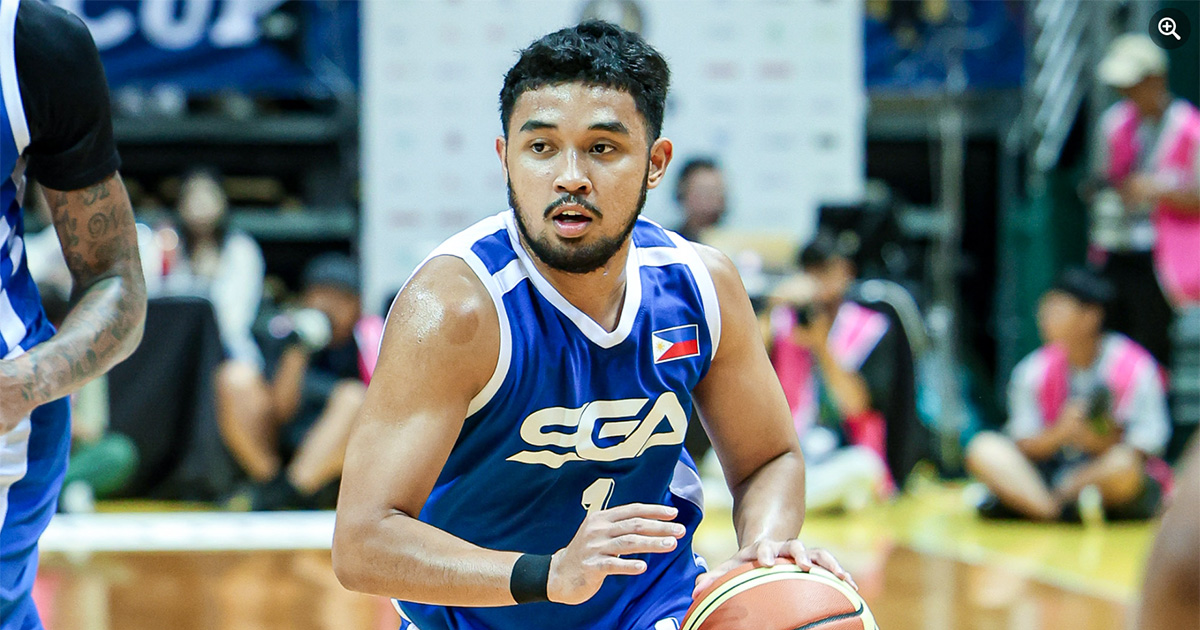Sports are predicated on action and having wins and losses decided on technicalities by someone with no direct involvement rather than the play on the court can be unsettling. However, it is at times inevitable for outsiders to get involved, especially when only they can make things right.
Jayson Castro once again rose to the occasion in Game 1 of the 2022 Honda PBA Philippine Cup Finals, overcoming an apparent leg injury in the first quarter to hand the TNT Tropang Giga an 86-84 win over the San Miguel Beermen.
Seconds after Castro made the game-winning shot, the game officials had to confirm the call on the floor as replays showed that some of Castro’s right fingers may or may not have still been touching the ball as time expired. That the clocks on the court seemingly weren’t on the same page made it a more difficult and contentious decision. In the end, however, the shot counted and the Tropang Giga drew first blood in the championship series.
It is obviously hard to judge a play like that in real-time, more so in game speed. This makes it so much more difficult for the referees to get the call right, which is why having replays and challenges were ideally a boon.

Depending on the sport, league, and level, replays and challenge systems regardless of their form are used to make sure that the calls made on the floor were correct. Players and/or coaches can contest decisions made by officials or plays that lead to dead balls and when the evidence on hand calls for it, these rulings can be overturned. In a perfect world, sports are a much better place when calls are correct and the challenges and replays were thus a major step forward, more so with the advancement of technology. Unfortunately, a perfect world is merely a pipe dream.
No matter how hard we try to make improvements to how sports are played, human error will remain. Calls are at times still not corrected even with hard evidence and with the entire world seeing what the right decision should be (Football fans and their gripes with Video Assistant Referee technology may know something about this.). Most, if not all replay systems aren’t perfect as well, since some leagues don’t allow for replays or challenges for some plays. Frames and the videos themselves can come out inconclusive so exploring that path can at times be fruitless (and a waste of time for those who like fast-paced games).
Of course, many will point out how the Beermen could have won Game 1 if they continued to ride on June Mar Fajardo, who had 24 points, 16 rebounds, two blocks, and only missed one shot the entire game. That TNT missed 12 of their 25 free throw attempts and didn’t have Mikey Williams early on due to foul trouble further point to an opportunity squandered by SMB. But then again, that’s a story for another time.
This finals series is absolutely far from over, but when all is said and done, one can look back at Game 1 and see the consequences for both SMB and the Tropang Giga stemming from that decision. Of course, this analysis comes with the advantage of hindsight, but it’s circumstances like this that show how major decisions have consequences and must thus be made carefully.
Decisions with stakes as high as this should not be decided with emotion nor with worries about taking too much time. After all, an emotional decision is more often than not a bad decision.
No one wants the referees or other game officials to decide the outcome of games in sports, but when only they can bring about the right calls, there’s definitely a place for their involvement. However, we don’t live in an ideal world and sometimes getting a call like Jayson Castro’s game-winner in Game 1 of the 2022 PBA Philippine Cup Finals right is harder than a camel passing through the eye of a needle.










